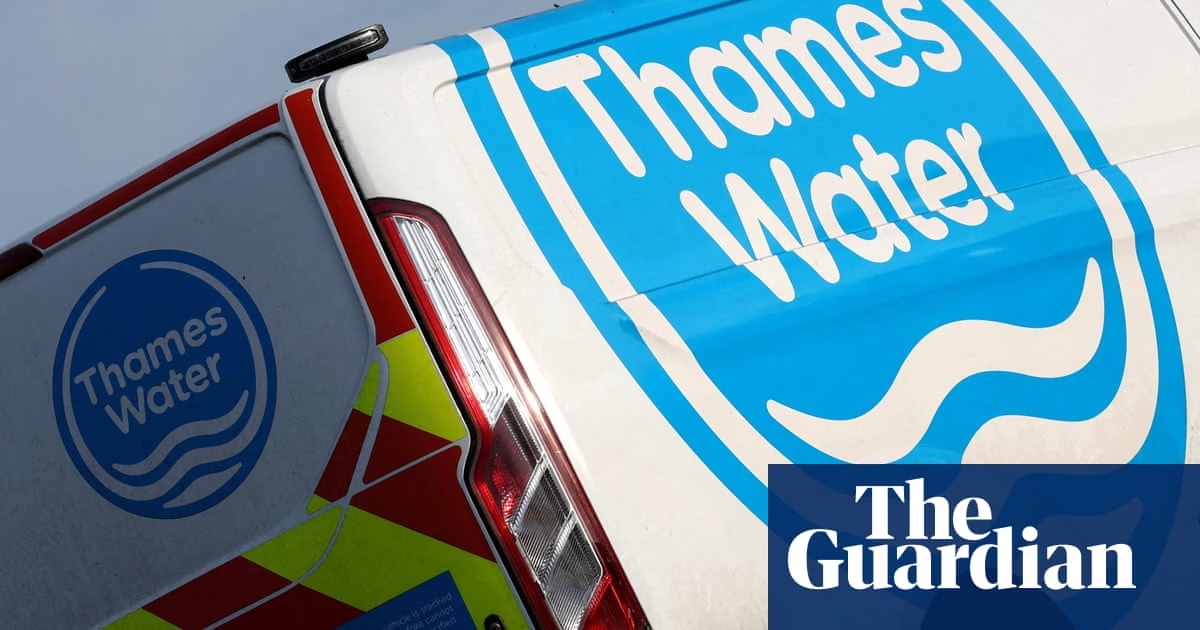The decision by the court of appeal to uphold Thames Water’s £3 billion emergency bailout loan has been finalized, as announced on Monday. Environmental activists and a small group of Thames creditors had their appeal dismissed after a three-day hearing.
Both groups had contended that the significant costs associated with the £3 billion loan, which carries an interest rate of 9.75%, were not in the public interest. They posited that temporarily nationalizing the struggling water company, which is currently saddled with £19 billion in debt, through a special administration regime, would have been more financially viable.
The ruling in favor of Thames Water allows the company to continue operating long enough to attempt restructuring its debts and securing new investment. With 16 million customers and 8,000 employees, Thames Water has been on the brink of collapse for several months.
As part of the deal, the company stands to receive £1.5 billion in cash from creditors, to be disbursed monthly, and potentially up to £1.5 billion more should an appeal to increase bills beyond the 35% allowed by the industry regulator Ofwat for England and Wales be successful.
Thames Water had warned that without the emergency debt deal, it would have exhausted its funds by March 24. Despite this, the company still needs to raise billions more in equity to fully repair its financial situation and has disclosed that it is considering various bids from undisclosed parties.
The CEO of Thames Water, Chris Weston, expressed satisfaction with the court’s decision, emphasizing the company’s commitment to establishing a more stable financial foundation. He stated that the plan will not affect customer bills and will continue to invest in essential network repairs and upgrading services.
Campaigners, led by Liberal Democrat MP Charlie Maynard, argue that the current situation allows lenders to benefit at the expense of customers and the environment. They call for the government to intervene and consider placing the company into special administration to prevent further financial strain on customers and the environment.
The creditors involved in one of the appeals, known as the class B creditors, expressed disappointment with the court’s decision but noted that the court has invalidated proposed releases of the company’s directors and advisers from legal liability, which they deemed unsuitable in such a restructuring plan.
The court of appeal will release its full reasons for the decision at a later date. The creditors indicate that their stance remains unchanged, and they will continue to explore all legal options available to ensure that the public does not unfairly bear the costs of the restructuring process.
Source: https://www.theguardian.com/business/2025/mar/17/appeal-court-rules-in-favour-of-3bn-bailout-for-thames-water








